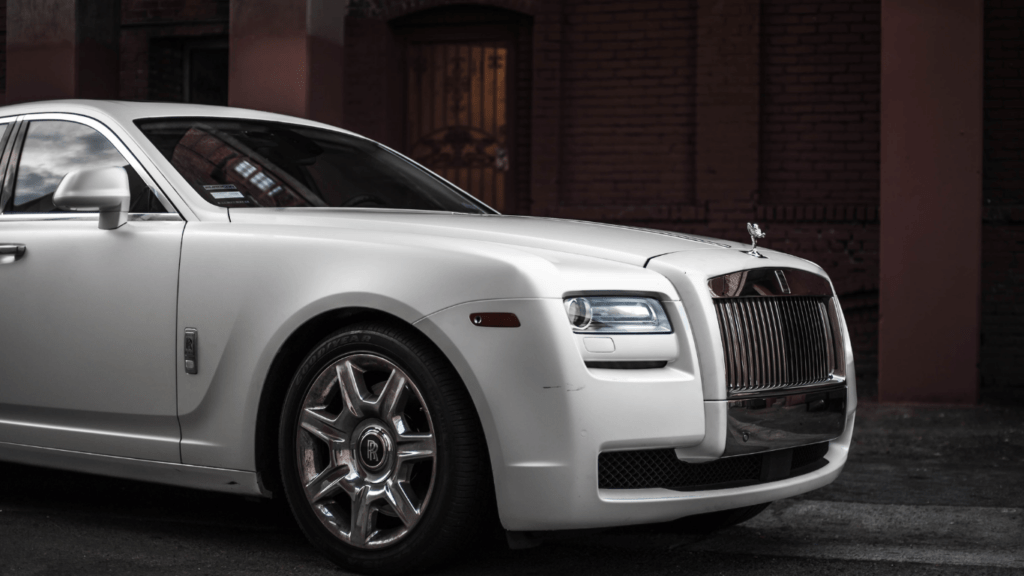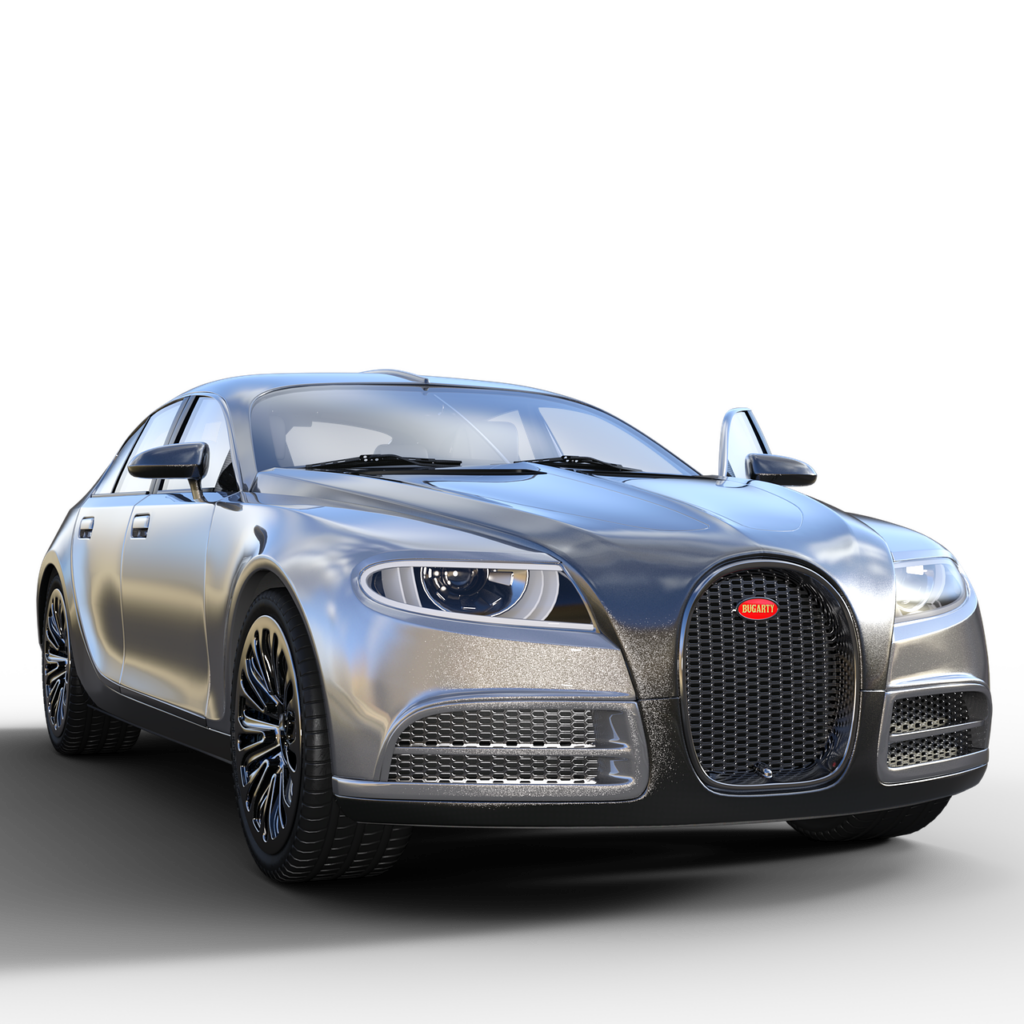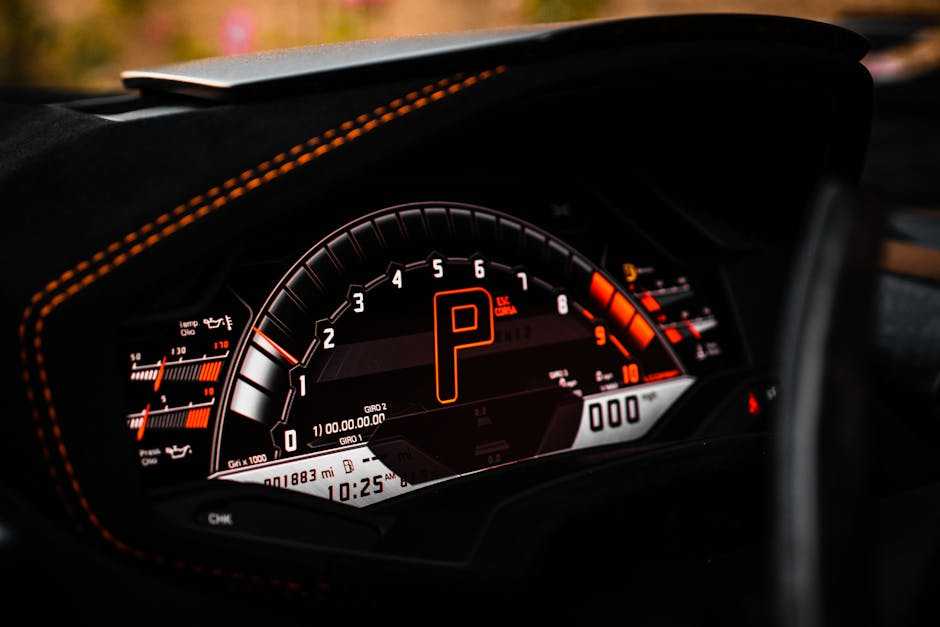Overview of the Luxury Electric Car Market
The luxury electric car market has undergone significant transformation. In 2024, the focus is on seamless integration of advanced technology and premium design. Brands like:
- Tesla
- Mercedes-Benz
- Porsche
offering consumers a blend of performance and sustainability. Tesla’s Model S Plaid, for example, combines a 396-mile range with 1,020 horsepower. Mercedes-Benz EQS impresses with its opulent interior and a 350-mile range. Porsche Taycan pushes boundaries with rapid acceleration and cutting-edge features. These models showcase the industry’s commitment to elevating electric vehicle standards.
Market trends indicate increasing consumer demand for luxury electric cars. According to Statista, global electric vehicle sales reached 6.6 million units in 2021, with significant growth projected. This rise drives manufacturers to innovate continuously, improving battery technology and automotive software.
Sustainability remains a key driver in this market. Companies are investing in eco-friendly materials and renewable energy sources for production. Regulatory pressures also push automakers to prioritize environmental impact, aligning luxury with responsibility.
This thriving sector reflects a broader shift in consumer values. High-end buyers now seek exclusive vehicles that offer a combination of luxury and ethical responsibility. These drivers demand state-of-the-art technology paired with exceptional design, pushing the market towards groundbreaking advancements.
Top Models Leading the Charge in 2024

In 2024, several luxury electric cars stand out, combining cutting-edge technology with unparalleled luxury. These models exemplify the innovations driving the market forward.
Tesla Model S Plaid
Tesla’s Model S Plaid sets benchmarks with its performance, style, and technology. Accelerating from 0-60 mph in just under 2 seconds, it boasts incredible speed. Its dual-motor all-wheel-drive system ensures superior handling and performance across varying driving conditions. The Model S Plaid offers a range of about 396 miles per charge, catering to long-distance driving needs. The vehicle also includes advanced autopilot features, over-the-air software updates, and a minimalist interior with a 17-inch cinematic touchscreen.
Lucid Air Dream Edition
The Lucid Air Dream Edition redefines luxury and range for electric cars. With a driving range of up to 520 miles per charge, it surpasses most competitors. The car accelerates from 0-60 mph in just over 2.5 seconds, delivering remarkable performance. Its interior features a spacious design, premium materials, and a 34-inch curved Glass Cockpit 5K display. Advanced driver-assistance systems (ADAS) and immersive audio underscore its commitment to luxurious, tech-savvy driving experiences.
Porsche Taycan Turbo S
Porsche’s Taycan Turbo S combines the brand’s legacy of sportiness with electric efficiency. It accelerates from 0-60 mph in about 2.6 seconds, offering both speed and agility. The Taycan Turbo S has a driving range of approximately 238 miles per charge. Its dual-motor setup, adaptive air suspension, and electric all-wheel drive ensure an engaging driving experience. The interior features high-quality materials, a dual-screen infotainment system, and customizable ambient lighting, maintaining Porsche’s high standards of luxury and comfort.
These top models illustrate the luxury electric car market’s advancements in 2024, showcasing how automakers blend performance, range, and refined design to meet consumer expectations.
Key Features and Innovations
In 2024, luxury electric cars offer groundbreaking features that set them apart in the automotive market. These vehicles combine top-notch performance, comfort, and cutting-edge technology.
Performance and Range
Performance in luxury electric cars reaches new heights in 2024. The Tesla Model S Plaid accelerates from 0 to 60 mph in under 2 seconds, providing approximately 396 miles per charge. The Lucid Air Dream Edition achieves a record-breaking range of up to 520 miles, while the Porsche Taycan Turbo S melds sportiness and efficiency, reaching 0 to 60 mph in about 2.6 seconds and offering around 238 miles per charge. These metrics underscore the significant advancements in performance and range, catering to demands for both speed and long-distance travel.
Interior and Comfort
Luxury electric cars excel in interior design and comfort. The Lucid Air Dream Edition showcases a spacious interior with a 34-inch curved display, redefining in-car luxury. The Mercedes-Benz EQS features a state-of-the-art Hyperscreen, an expansive touch-sensitive display that enhances driver engagement. Tesla’s Model S Plaid incorporates minimalist design elements, high-quality materials, and advanced climate control systems, ensuring a premium driving experience. These interiors reflect the blend of technology and opulence that defines the luxury EV market.
Autonomous Driving Capabilities
Advancements in autonomous driving technology play a crucial role in luxury electric cars. Tesla leads with its Full Self-Driving (FSD) capability, offering features like Navigate on Autopilot and Auto Lane Change to enhance driver convenience and safety. The Mercedes-Benz EQS integrates DRIVE PILOT, an advanced system enabling Level 3 autonomous driving under specific conditions. The Audi e-tron GT includes sophisticated driver assistance systems, boosting both safety and driving ease. These innovations in autonomous driving underscore the commitment to merging luxury with the latest technological trends in the automotive industry.
Sustainability and Eco-friendliness
Luxury electric cars are making significant strides in sustainability and eco-friendliness. In 2024, automakers focus on minimizing environmental impact while delivering high-performance, opulent vehicles.
Battery Technology
Automakers have made remarkable advancements in battery technology, enhancing both efficiency and eco-friendliness. Solid-state batteries, which promise higher energy density and longer lifespans, are closer to market deployment. For instance, Mercedes-Benz is testing solid-state batteries in its EQS models to improve range and reduce charging times. Additionally, manufacturers are prioritizing recycling and second-life applications for EV batteries, reducing waste and promoting a circular economy. Companies like Tesla are investing in closed-loop recycling processes, ensuring batteries are repurposed and materials are recovered efficiently.
Manufacturing and Materials
- Sustainability in manufacturing and materials has become paramount in luxury electric car production.
- Automakers increasingly use eco-friendly materials to construct elegant interiors and exteriors.
- BMW’s iX model features a cabin largely made of recycled and natural materials, such as sustainably sourced wood and recycled plastics.
- Brands like Polestar are also pioneering the use of low-carbon aluminum and vegan leather to minimize the carbon footprint of their vehicles.
- Moreover, renewable energy sources power many production facilities, reducing the environmental impact of vehicle manufacturing.
- Tesla’s Gigafactories, running on solar and wind energy, exemplify this shift towards greener manufacturing practices.
Consumer Perspectives and Reviews
Luxury electric cars in 2024 are generating diverse consumer perspectives and reviews. Here’s a closer look at the pros and cons, and the value for money these vehicles offer.
Pros and Cons
Consumers appreciate several pros of luxury electric cars. High performance stands out, with models like the Tesla Model S Plaid and Porsche Taycan Turbo S setting new standards for speed and acceleration. Sustainability also garners praise, as these vehicles produce zero emissions and often use eco-friendly materials. Additionally, state-of-the-art technology features, including autonomous driving systems and advanced infotainment options, receive positive feedback.
Yet, there are some cons. High initial costs can be a barrier for many buyers. Limited charging infrastructure in certain areas leads to range anxiety. Some consumers note the lengthy charging times, even with fast-charging options. The rapid pace of technological advancements also means that today’s models may quickly become outdated.
Value for Money
When examining value for money, luxury electric cars present a mixed bag. High-end features and cutting-edge technology justify the premium pricing for brands like Lucid Air and Mercedes-Benz EQS. The long-term savings on fuel and lower maintenance costs compared to traditional combustion engines offer additional financial benefits.
However, upfront costs remain significant, which may deter potential buyers. Resale values can vary, with some brands maintaining better market presence and demand. Also, while government incentives and tax rebates can offset the costs, they vary by region and are not guaranteed long-term. Thus, buyers must weigh the initial investment against long-term benefits and potential depreciation.



 Head of Automotive Insights
Head of Automotive Insights
